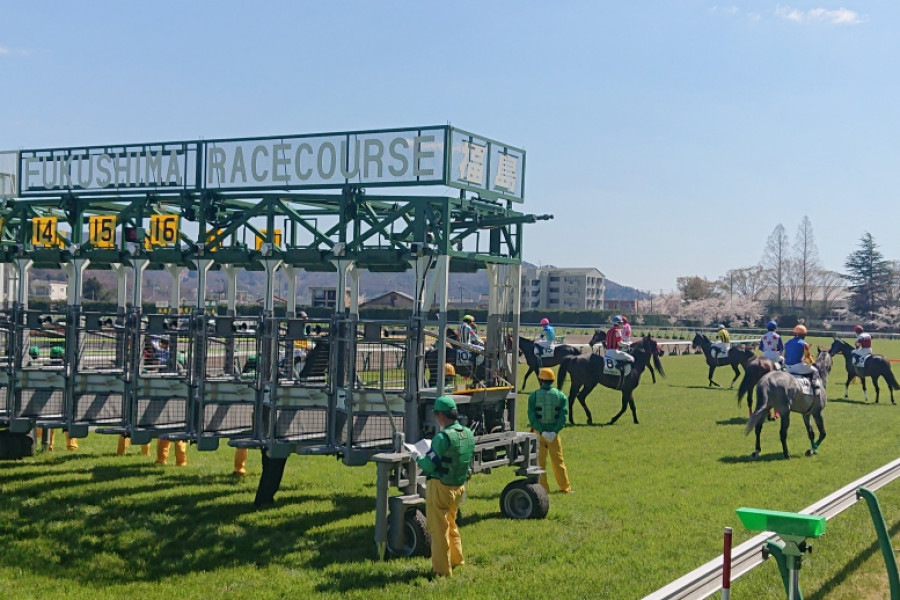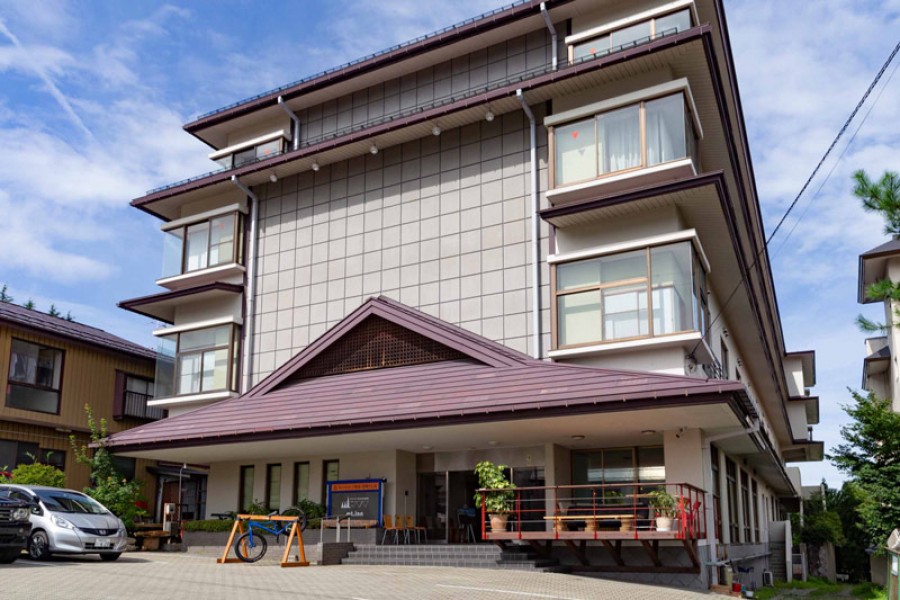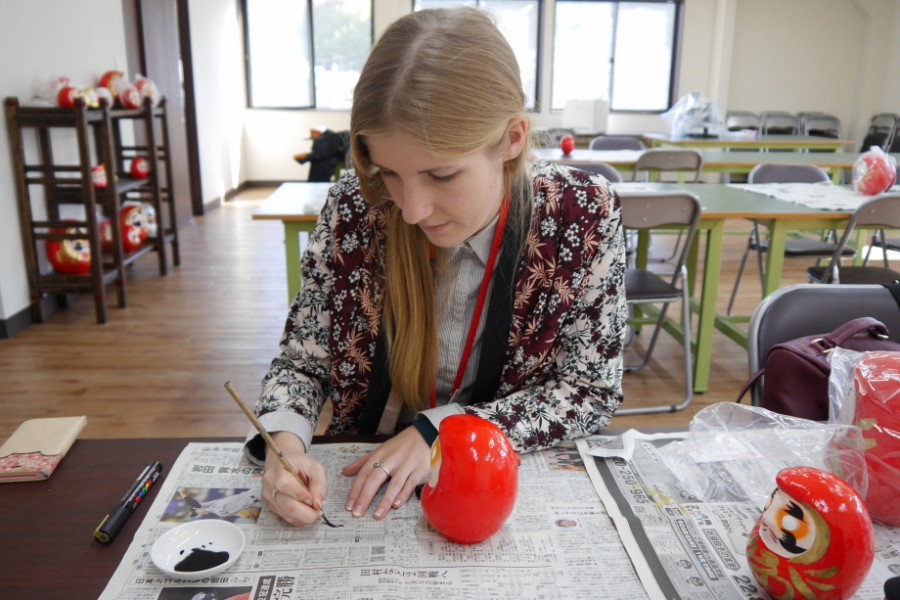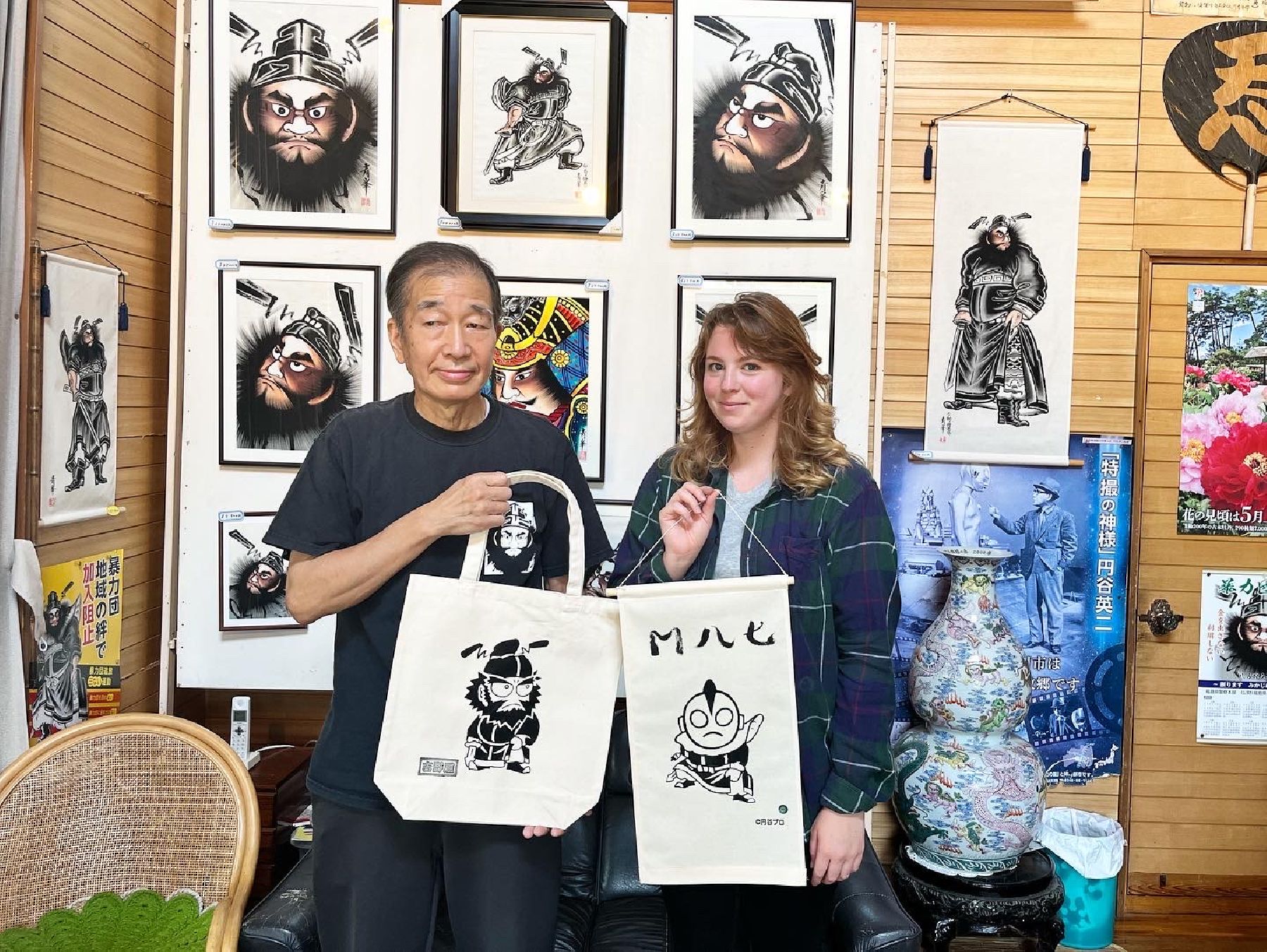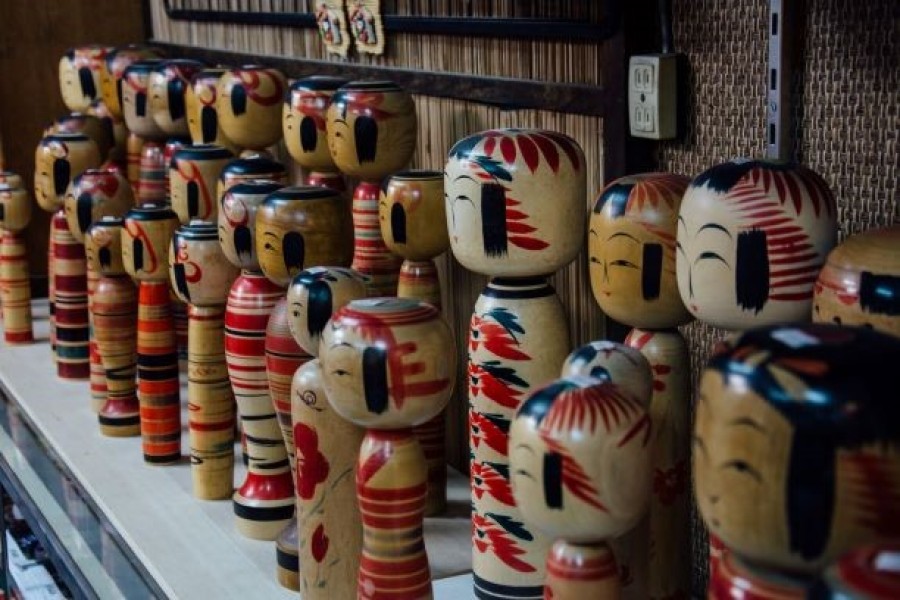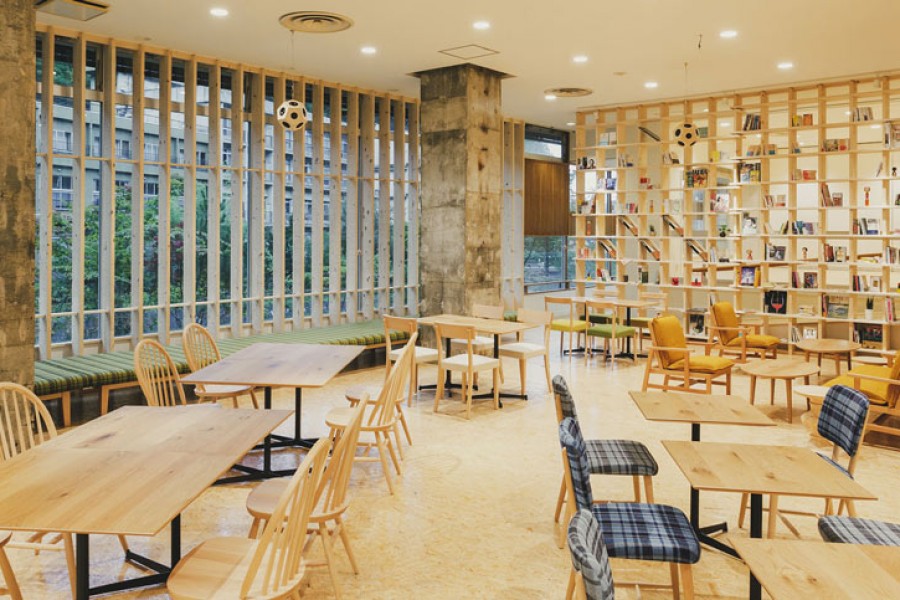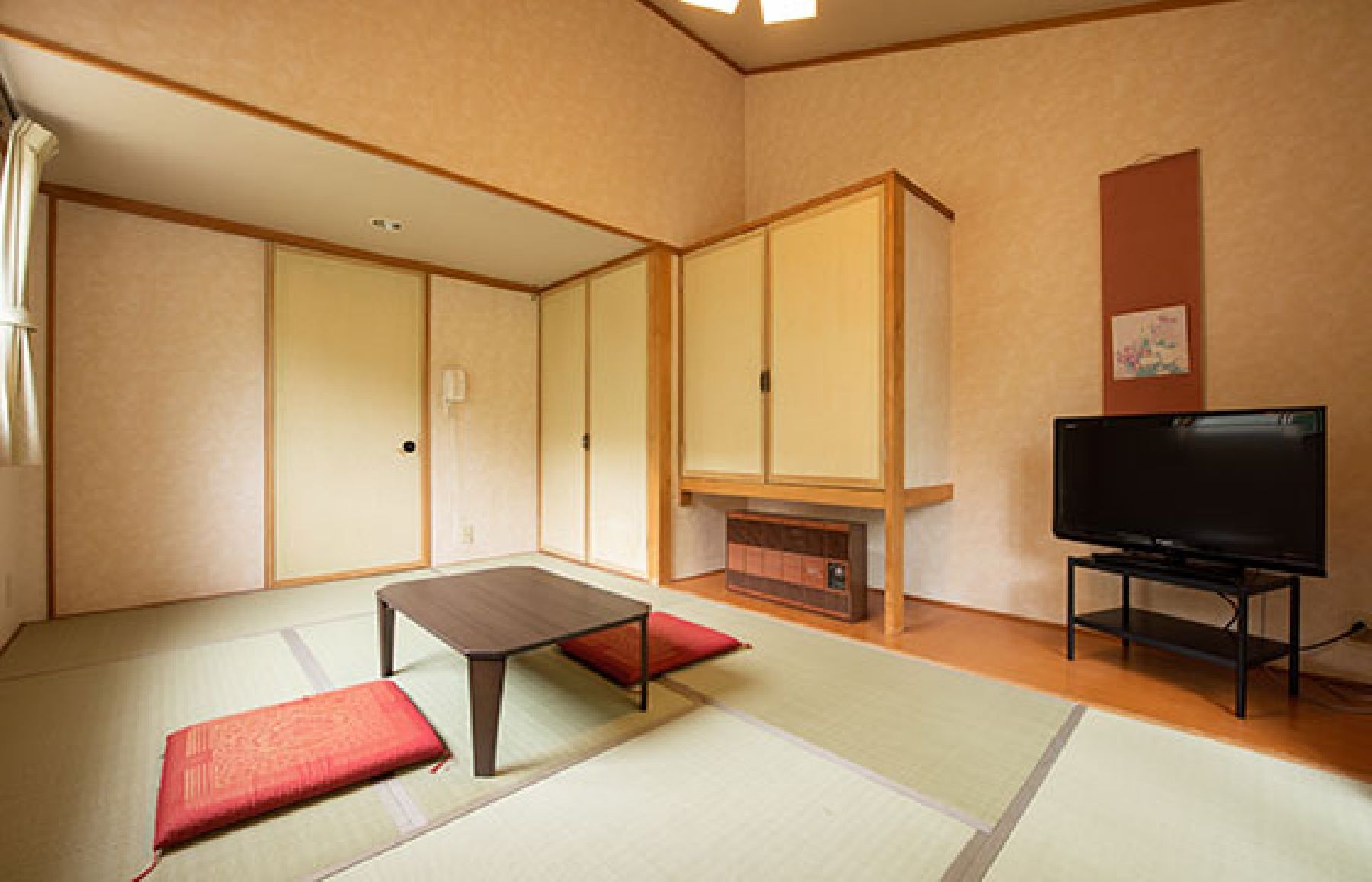Hotels
Pension Merry Kings
Pension Merry Kings offers a unique experience with private access to natural hot springs, known for their skin-smoothing properties. Guests can enjoy rejuvenating soaks in the onsen, complemented by delicious meals featuring locally sourced vegetables, mountain greens, and premium Fukushima beef, providing a refreshing break from everyday stress.Located in the peaceful village of Ten'ei, the area is surrounded by various attractions, including Lake Hatori, British Hills, the Pacific Club Shirakawa Resort Golf Course, and the Grandee Hatori Lake Ski Resort. In winter, it’s a popular destination for winter sports, while in summer, it serves as a cool retreat from the heat. Pension Merry Kings invites guests to unwind and enjoy a relaxing holiday in this tranquil setting.
